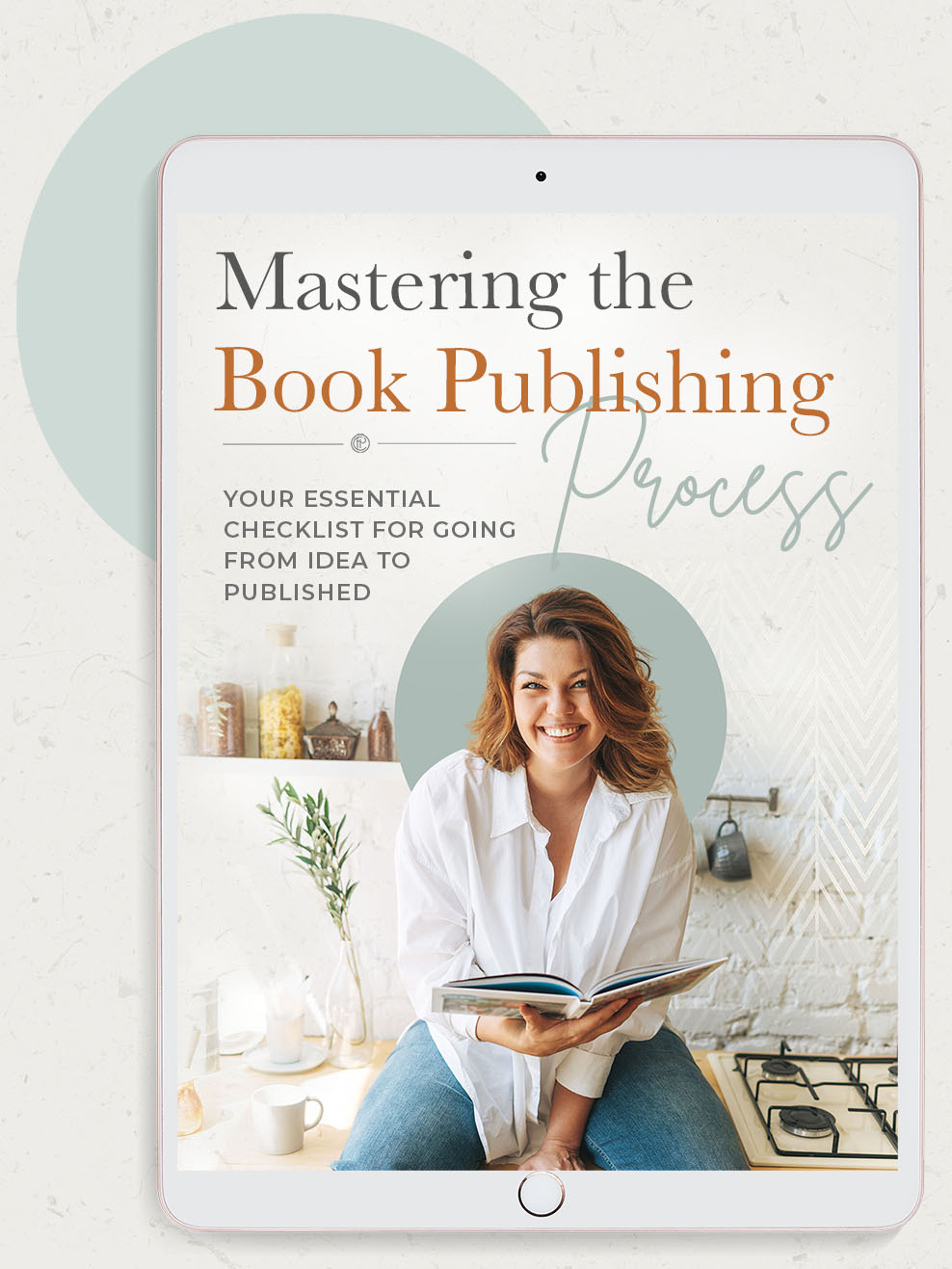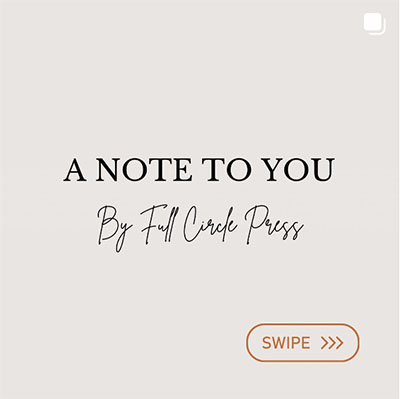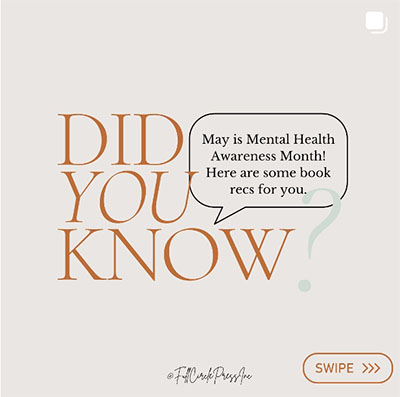My journey toward writing and publishing my first book started in 2008 when I was bored at my summer internship and started writing what would become the first iteration of my book. To be honest, I was just writing to kill time. The thought of publishing my book would not occur for another seven years when I started rewriting my book for the third time.
In 2019, eleven years after I had started writing, I finally published my first book. I felt a mix of elation, gratitude, and shock. Did I actually write a book? I literally could not believe that I had accomplished something only three percent of writers accomplish: finishing their books.
I recently read a blog post that stated how 97% of writers who start writing a book never finish it, and that out of the three percent of writers who do finish their books, only 20% actually publish it. While this statistic is pretty dire, it reaffirmed that writing and publishing a book is a big deal.
In those eleven years of writing, rewriting, editing, rewriting again, and editing again, I realized that there were a lot of bumps and hurdles that I could have avoided along the way. I was inconsistent in my writing practice for starters, not touching my book for months at a time and allowing myself to be crippled by writer’s block. I also worried too much about what others would think of my writing and desperately wanted to appeal to everyone.
As a result, I watered down my message, shying away from discussing the difficult topics I knew I needed to discuss in an effort to make my writing more palatable to the masses. However, I eventually found the fortitude to push through my writer’s block, dismiss the future critiques of others who would not like my book, and simply write a book that honored my journey and my truth.

As I reflect on everything I learned during the process of writing my book, there were three things I wish I would have known when writing and publishing my first book:
1. Finding an accountability partner and coach early in the writing process
Writing can be a very solitary endeavor, making it difficult to readily find opportunities for connection and sharing. Because opportunities for connection and sharing feel scarce, writers will often just hunker down and write alone. For me personally, this doesn’t work. I need community; I need accountability.
My writing practice greatly improved when I started working with a writing coach who held me accountable to my weekly writing goals. Every other week, I was to produce two rewritten chapters of my book and review them with my writing coach. Having someone I could call when I felt overwhelmed by writer’s block or unsure about a storyline made all the difference. I no longer felt like I was writing my book alone.
2. Writing a book doesn’t have to be drudgery.
You can find joy in the process if you seek it – My mindset toward writing changed when I focused on the writing process instead of the end result. Rather than worry about getting a particular chapter written or storyline finished, I gave myself the freedom to simply enjoy the writing process.
Once I stopped obsessing over meeting a particular writing goal, my productivity increased because I was no longer dreading sitting down at the computer to write. I was more consistent with my writing practice because I no longer viewed writing as a chore or a task to cross off my to-do list. It was something I genuinely enjoyed doing and couldn’t wait to do every day.
3. Narrow your audience down and then narrow it down again.
The more you try to reach everybody through your book, the less you speak to anybody (and the more confusion your book causes in the process) – Here’s an uncomfortable truth: everyone is not going to like your book. When you are able to accept this truth, you can get down to the business of narrowing your audience down. Who do you want your readers to be? Who are you speaking to?
Answering those questions is key to narrowing your audience down in order to reach those who need to hear your message. I have personally found that setting an intention for my book project helps me narrow my audience down to the individuals or groups of people who need to hear my message. Once I set an intention for my book, I realized who my audience was and ensured that my writing spoke to them first and foremost.
Every bump and hurdle I had to overcome made me the writer I am today…
… and I do not regret anything I experienced. I’ve learned that the process of writing is more important than the end goal. Once I stopped obsessing over the end product, I rarely experienced writer’s block. My advice to all beginning writers is to trust the process. The end result will come in due time.










